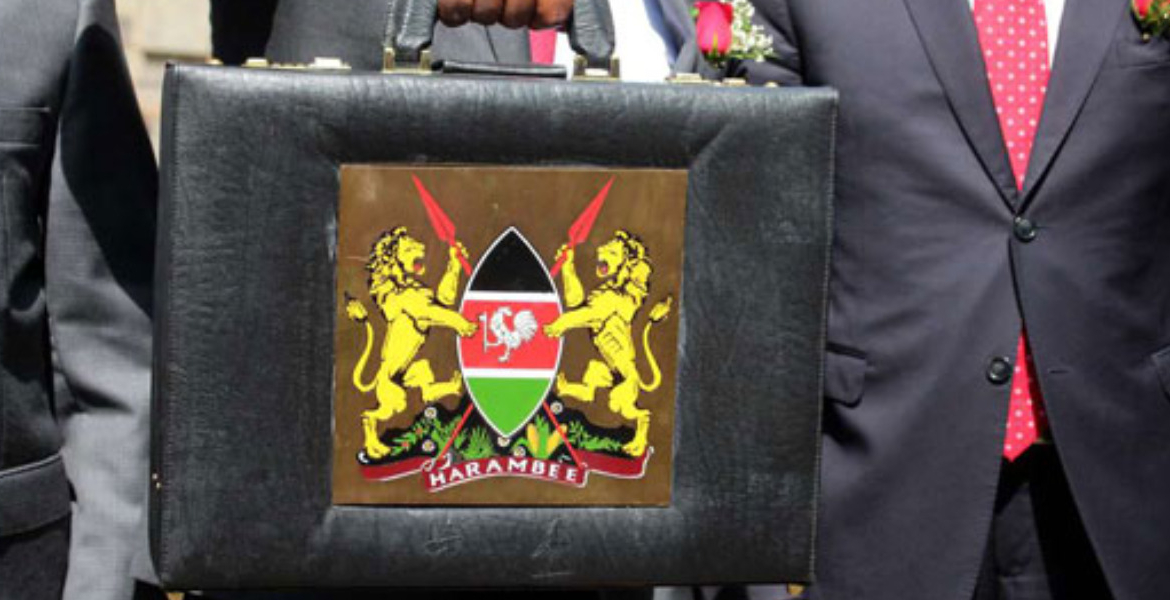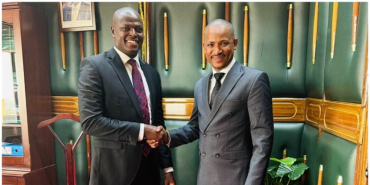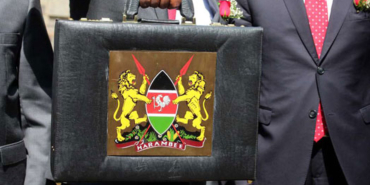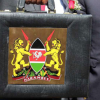Kenyans Feel Excluded from National Budget Planning

President William Ruto has accused members of Parliament of accepting bribes, raising fresh questions about the institution’s independence and commitment to its oversight duties.
The President’s remarks have intensified concerns over the relationship between the Executive and the Legislature, particularly regarding parliamentary accountability in financial matters. Allegations of executive interference are not new. Past administrations have also been accused of influencing parliamentary decisions to advance political agendas, often at the cost of transparency and debate.
In 2023, for example, when several MPs opposed the Finance Bill introducing the housing levy, President Ruto warned that dissenting lawmakers were standing in the way of jobs and affordable housing for Kenyans. Observers say such statements undermine Parliament’s constitutional mandate to check the Executive, especially on public spending.
The 2010 Constitution significantly expanded Parliament’s role in budget-making, revenue allocation, and expenditure oversight. Articles 95 and 221 give the National Assembly the authority to examine financial proposals, approve government withdrawals from public funds, and ensure public input on fiscal policies. However, critics argue that this role has weakened over time, with many MPs failing to challenge financial decisions that affect millions of citizens.
Governance analyst Javas Bigambo acknowledges that Parliament has played a key role in directing funds to counties, but says it has not consistently exercised its broader oversight powers. His concerns are echoed by civil society groups, who accuse the Legislature of supporting policies that increase the financial burden on ordinary citizens.
Kenya’s economic indicators reflect a growing crisis. Public debt has risen sharply—from under Sh2 trillion in 2010 to over Sh11 trillion currently. At the same time, the government has introduced new taxes nearly every year, including VAT on fuel and levies on housing, sugar, and basic standards. Instead of pushing for fiscal responsibility, Parliament has frequently approved supplementary budgets and tax measures, often without sufficient scrutiny.
Public frustration reached a peak in 2024, when widespread youth-led protests broke out. Protesters accused lawmakers of betraying the Constitution and ignoring the public interest. Activist Wanja Maina, founder of the Hummingbird Grassroots Centre, said the demonstrations were a defence of hard-won constitutional values.
“The Katiba is sacred—won through sacrifice. But Parliament has allowed debt to spiral and public resources to be mismanaged. What is missing is the courage to honour the mandate given by the people,” she said.
Oversight institutions such as the Auditor-General and the Controller of Budget were created under the Constitution to support parliamentary scrutiny. However, their findings are often ignored, further weakening the system of accountability.








Add new comment